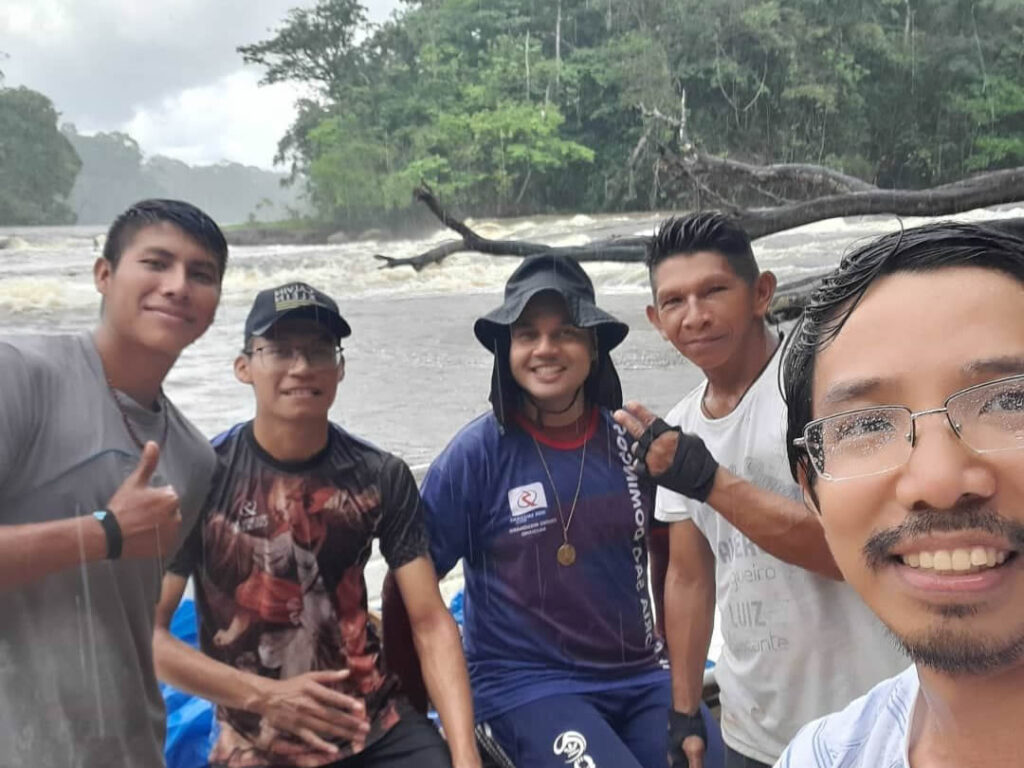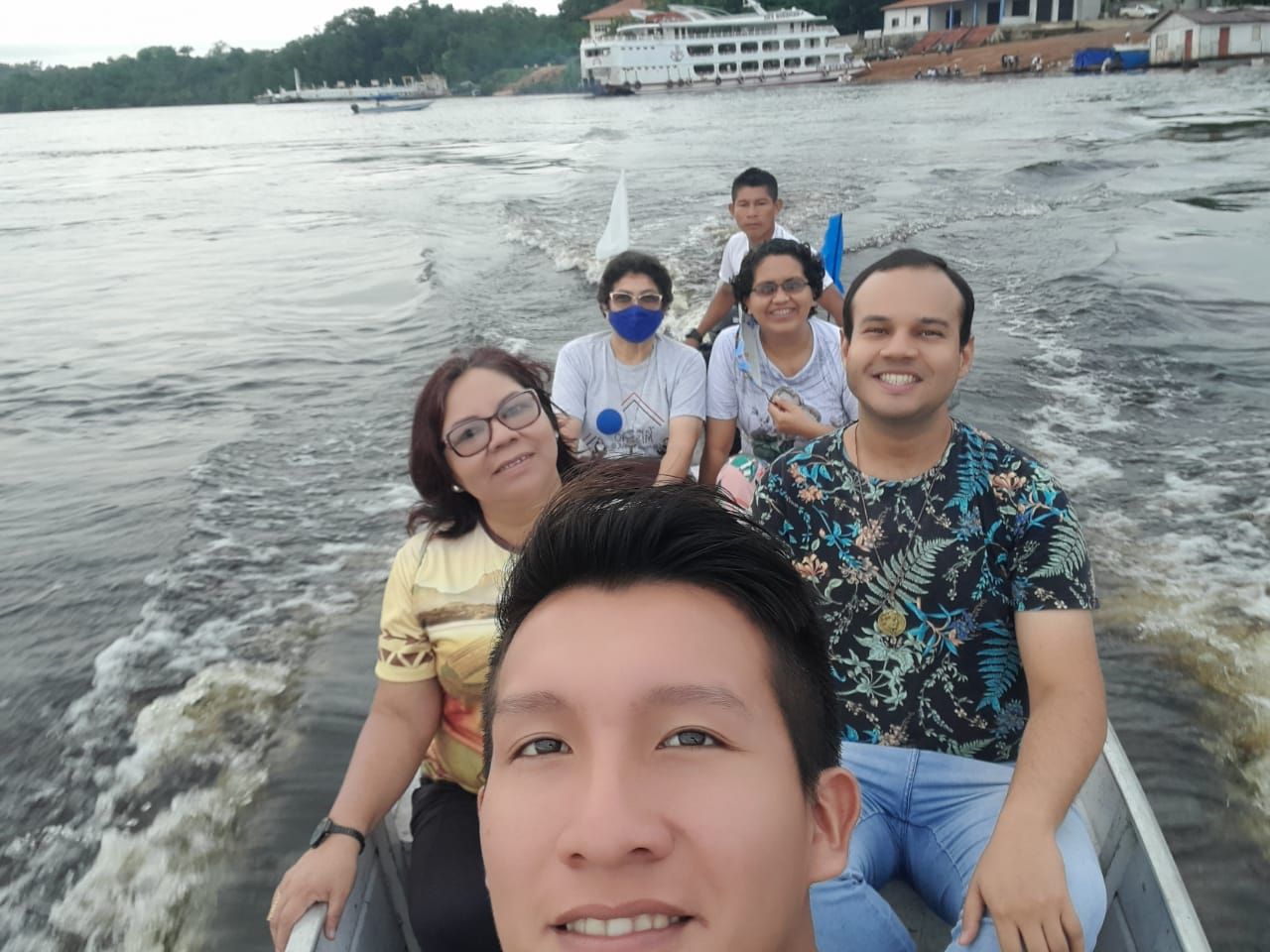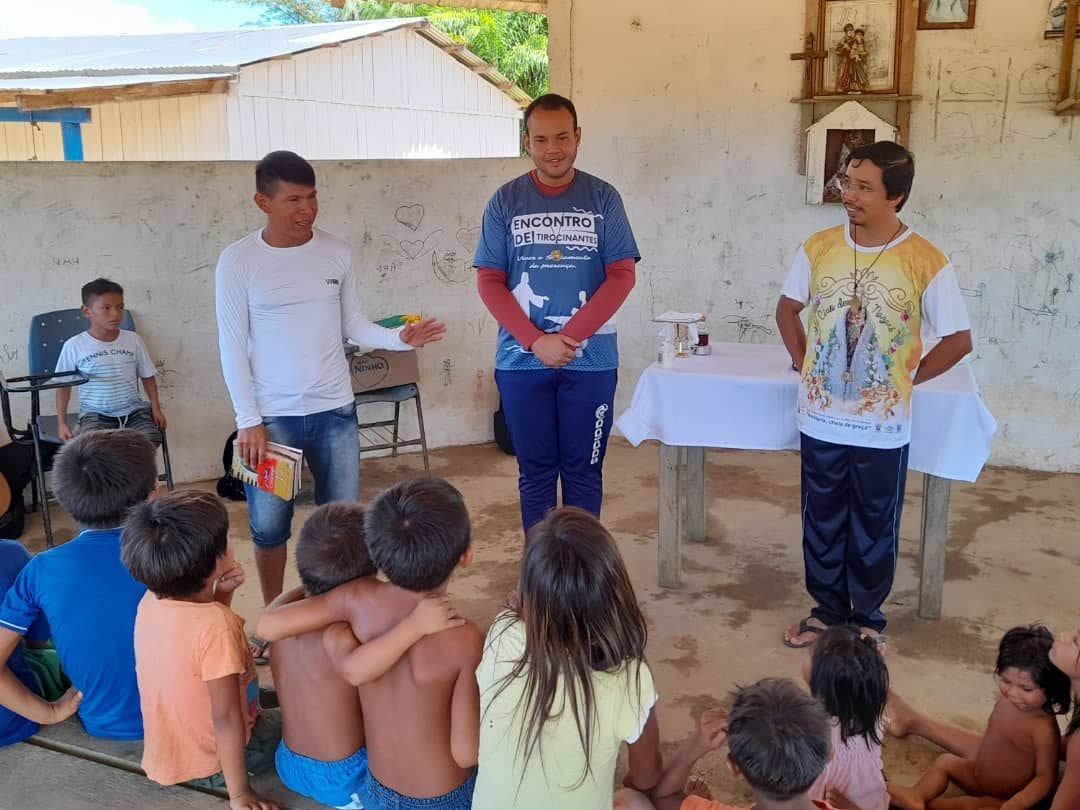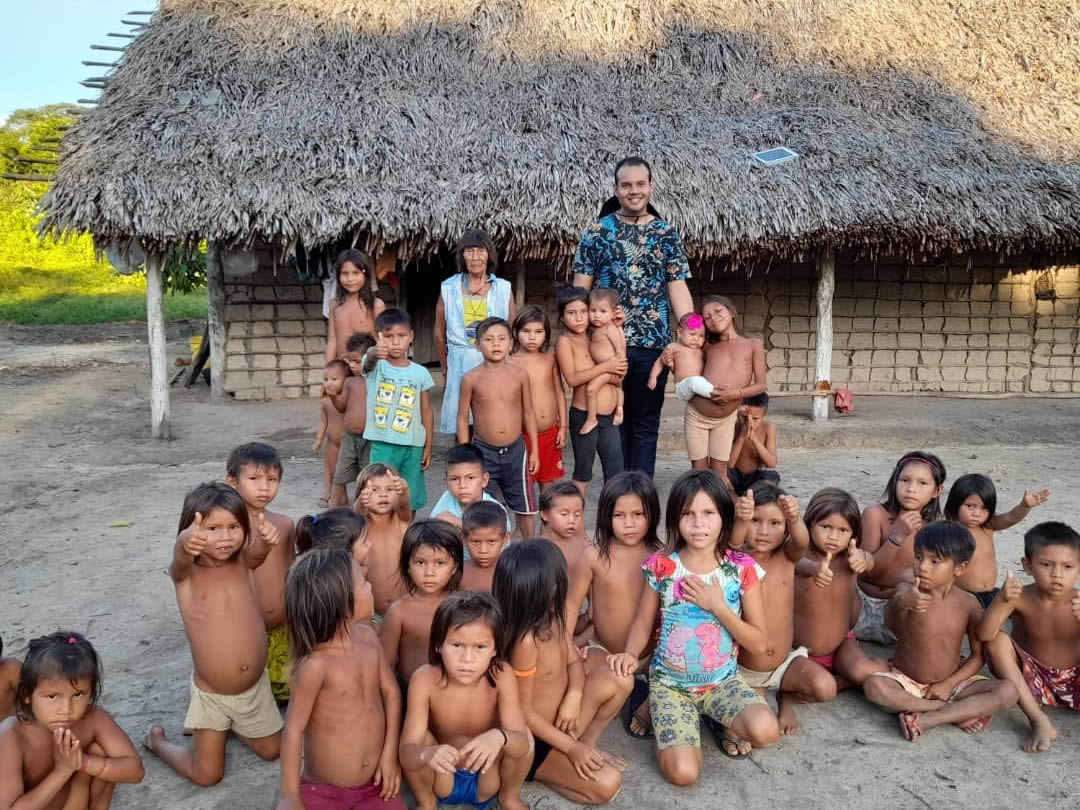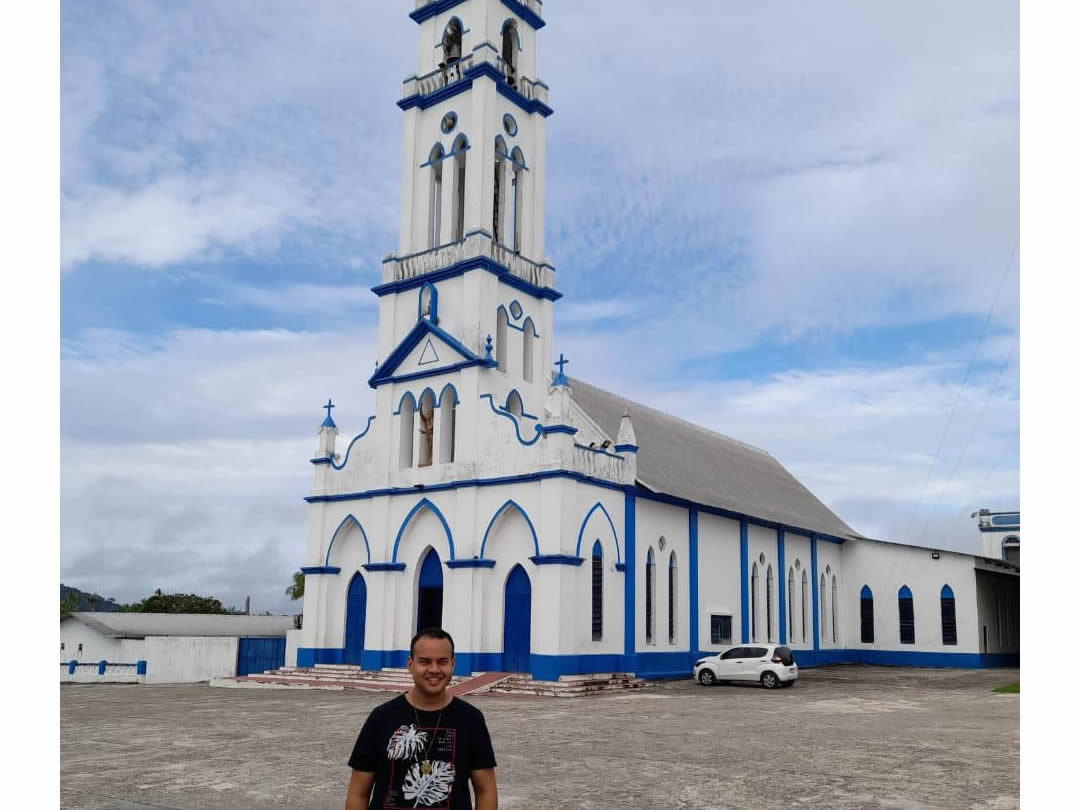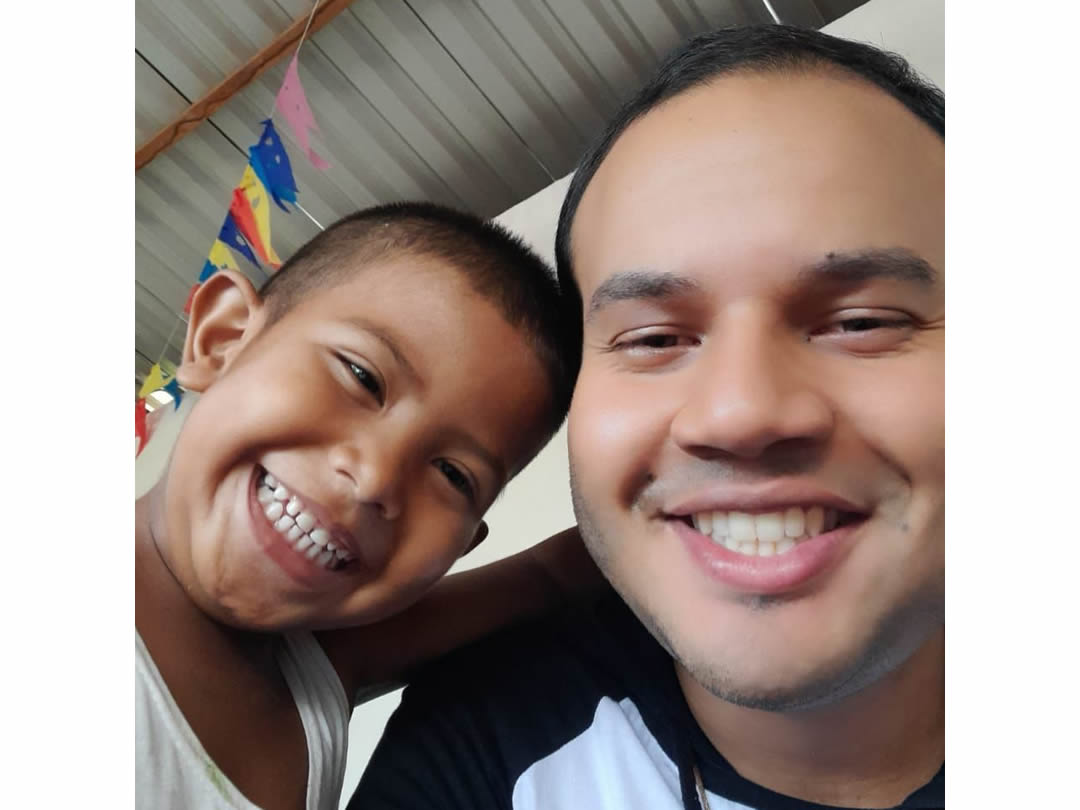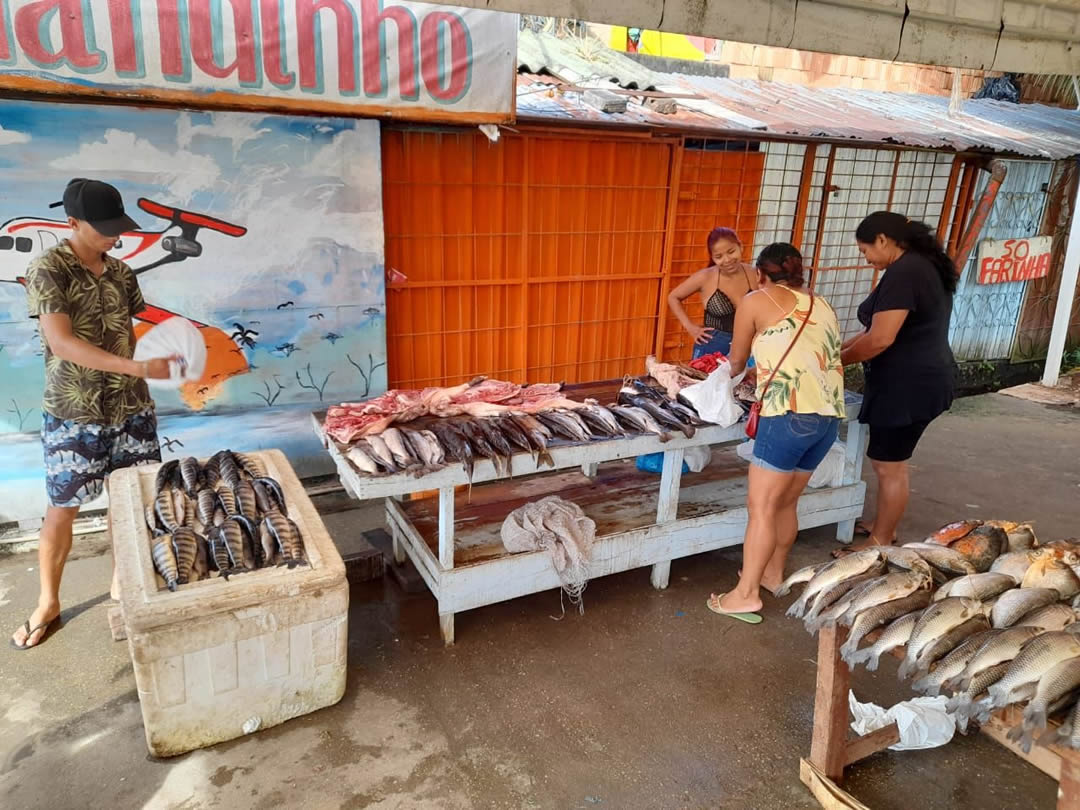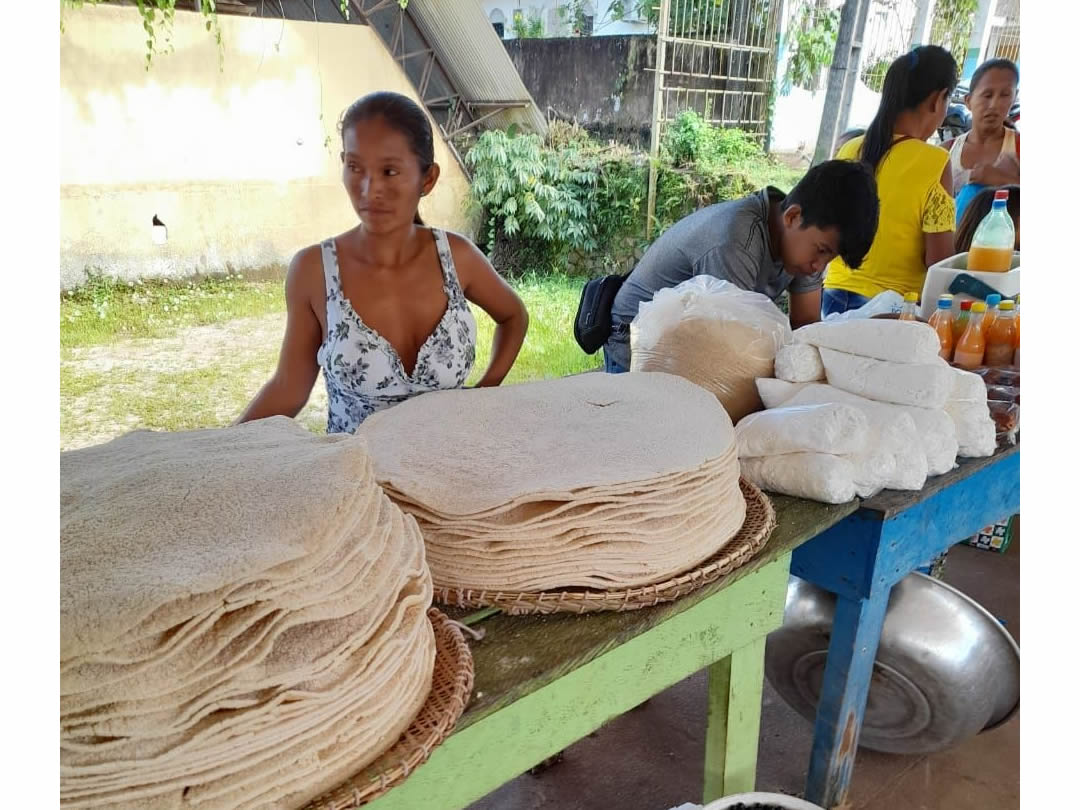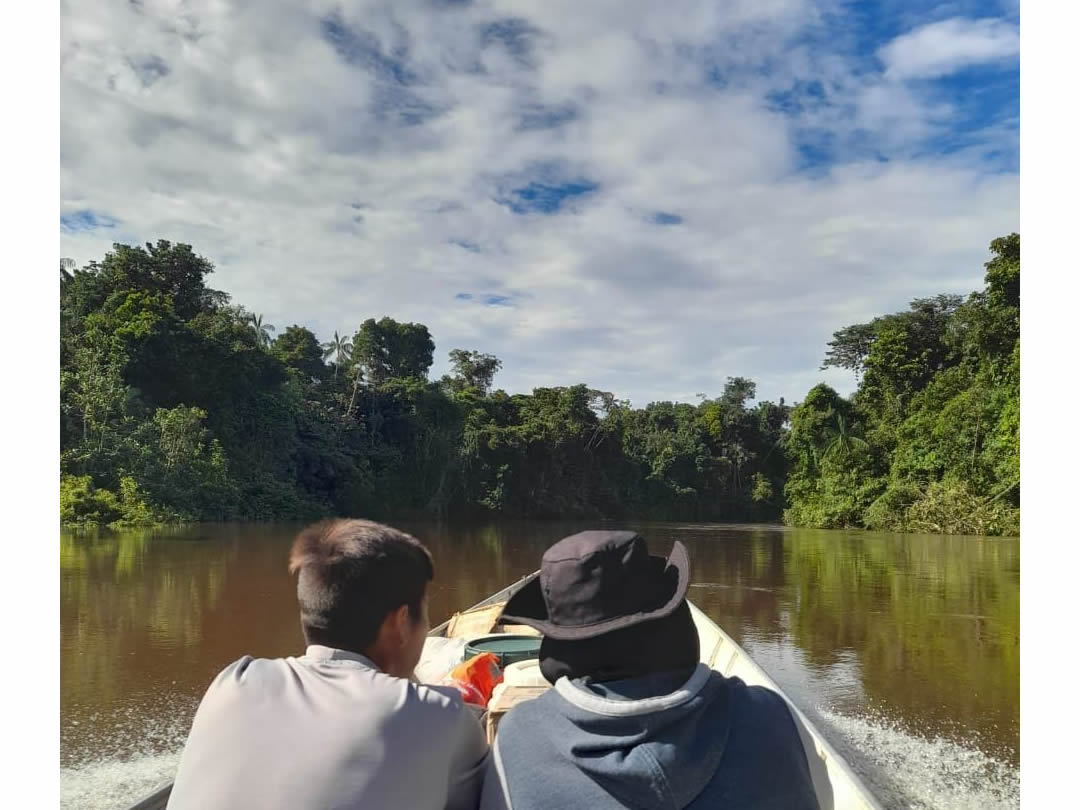International volunteer work in Benediktbeuern
Don Bosco Volunteers: the commitment of young people for a better future
For more than 20 years the German Salesian Province of Don Bosco has been involved in the field of youth volunteering. Through the Don Bosco Volunteers programme the Salesians in Germany offer around 90 young people each year an educational and life experience in Salesian houses in the Province and in various countries around the world.
For many young Germans it is customary, once they have completed their school education, to devote a year of their lives to social work. The profile of the Salesians for many of these young Germns is a source of inspiration when choosing an organisation to accompany them during this experience. In spite of the secularisation of German society and a constant loss of faithful by the Church in recent years, many young people knock on the Salesians’ door with the clear intention of helping their neighbour and making a small contribution to a better world. These young people find a form of faith and an example of life in the figure of Don Bosco.
Not all of those who apply for admission to the volunteer programme at the relevant offices of the Province in Benediktbeuern and Bonn have had experience in youth groups connected with the Church and especially with the Salesians during their lives. Some of them are not baptised, but recognise a possibility for personal growth in the Salesian educational offer, based on fundamental values for their own development. That is why so many young people begin a volunteer experience with the Don Bosco Volunteers programme every year: during training weekends, the young people not only learn useful information about the projects, but also come face to face with the Salesian preventive system and spirituality, thus preparing themselves for the time they will put into the service of other young people.

The volunteers are accompanied during their experience by a team of coordinators who look after not only the organisational aspects, but above all of the support before, during and after the volunteering experience. This is because the volunteer year does not end on the last day of service at the host Salesian home, but continues for life. This year in the service of others represents a foundation of values that has a strong impact on the future development of the volunteers. Don Bosco educated young people in order to make them upright citizens and good Christians: the Don Bosco Volunteers programme is inspired by this fundamental principle of Salesian pedagogy and seeks to create the basis for a better society, in which Christian values once again characterise our lives.
The German Province provides opportunities for young people to meet at all stages of the volunteering experience: orientation meetings, online information offers, training courses, parties and annual experience exchange meetings are basic activities on which the success of the Don Bosco Volunteers programme is built.
A co-ordination team consisting of co-workers from the Aktionszentrum Benediktbeuern youth training centre and the mission office in Bonn, supported by the provincial economer Fr. Stefan Stöhr and the youth ministry delegate, Fr. Johannes Kaufmann, manages and directs all activities, developing the programme in all its components.
The volunteer experience begins with the application to join the programme: young people taking part in the national programme start their service in September and take part in 25 training days during the volunteer year. For volunteers intending to go abroad, the path is somewhat longer: after an orientation meeting in the autumn, selections are made and candidates receive information from former volunteers who have already taken part in the programme in the past. The training phase begins in the first months of the year and includes a total of 12 days of preparation, during which volunteers receive information on Don Bosco’s pedagogy, the work of the Salesians in the world, important topics such as intercultural communication and precautions to be taken in case of emergency during the experience abroad. In July, the volunteers receive a blessing and a Don Bosco medal as a symbol of belonging to the Salesian Family.
The departure of the young people is planned for September, and towards the middle of the service, reflection meetings are offered in the various regions where the volunteers work, held by the coordination team of the German Province. The experience ends with a concluding seminar, shortly after returning from the service abroad, in which the foundations are laid for a future commitment to the Salesian Family.
On an annual basis, two meetings are organised in the Province for all those who have taken part in the programme since the start of activities in the 1990s. The Province’s coordination team takes care of all organisational aspects, including: searching for Salesian houses interested in collaborating in the field of volunteering; financing activities through ministerial and European funds; support in the event of emergencies; organising the health insurance aspects of the volunteers; communicating with the families of the volunteers.

More than a thousand young people have already taken part in the Don Bosco Volunteers programme in Germany and abroad over the past 25 years. In a study carried out a few months ago by the German Province, in which around 180 former volunteers took part, a constant commitment to social work on the part of the young people was observed even many years after the volunteering experience. Particularly evident is the respondents’ focus on issues such as social injustice, racism, ecology and sustainable development. This study has demonstrated the value of this programme, not only in terms of the immediate help that volunteers can give to their host communities during their year of service, but also in terms of the positive effects that can be registered in the long term, once they have completed their academic studies or embarked on their professional path.
An important aspect of the on Bosco Volunteers programme is its inclusion in national and European programmes, such as the European Commission’s European Solidarity Corps, the national volunteer programmes of the Ministry for Family and Youth or the weltwärts programme of the Federal Ministry for Economic Cooperation, so that the Salesians’ training offerings can be made more visible to institutions.
Constant quality controls carried out by competent associations certify the efficiency and transparency of the training offer of the Don Bosco Volunteers programme on a biannual basis. One aspect of these quality controls often concerns the cooperation between our competent offices and the host structures in Germany and in different countries around the world. This detail distinguishes the Salesian offer from many other private volunteer agencies, which cooperate with various organisations with the most varied profiles. Our volunteers work exclusively in Salesian facilities and are specially prepared for this life experience. It does not matter whether a volunteer is employed in a small village in southern India or in a European metropolis. There is something that unites all these young people and makes them feel at home during their experience: Don Bosco with his presence in the host communities offers them a point of reference in everyday life and gives them comfort and protection in the most difficult moments.
Of course, it would be too easy to say that a volunteer experience always goes smoothly or without problems: the acclimatisation phase in particular can create various integration problems for the volunteers. But it is precisely in these situations that growth can be observed in young people, who learn to know themselves, their limits and their resources better. The accompaniment provided by the Salesian host communities and the staff of the German Provincial coordination centres is intended to turn even the most difficult phases of this journey into opportunities for reflection and personal growth.
Many challenges await us in the future: the last two years have shown us that the world is changing and the fear that war will wipe out the prospect of a fairer society seems to be growing in the new generations. The Don Bosco Volunteers programme seeks to be a glimmer of light and a source of hope, so that our young people can build a better future for our planet through their commitment.
Francesco BAGIOLINI
Benediktbeuern, Germany







